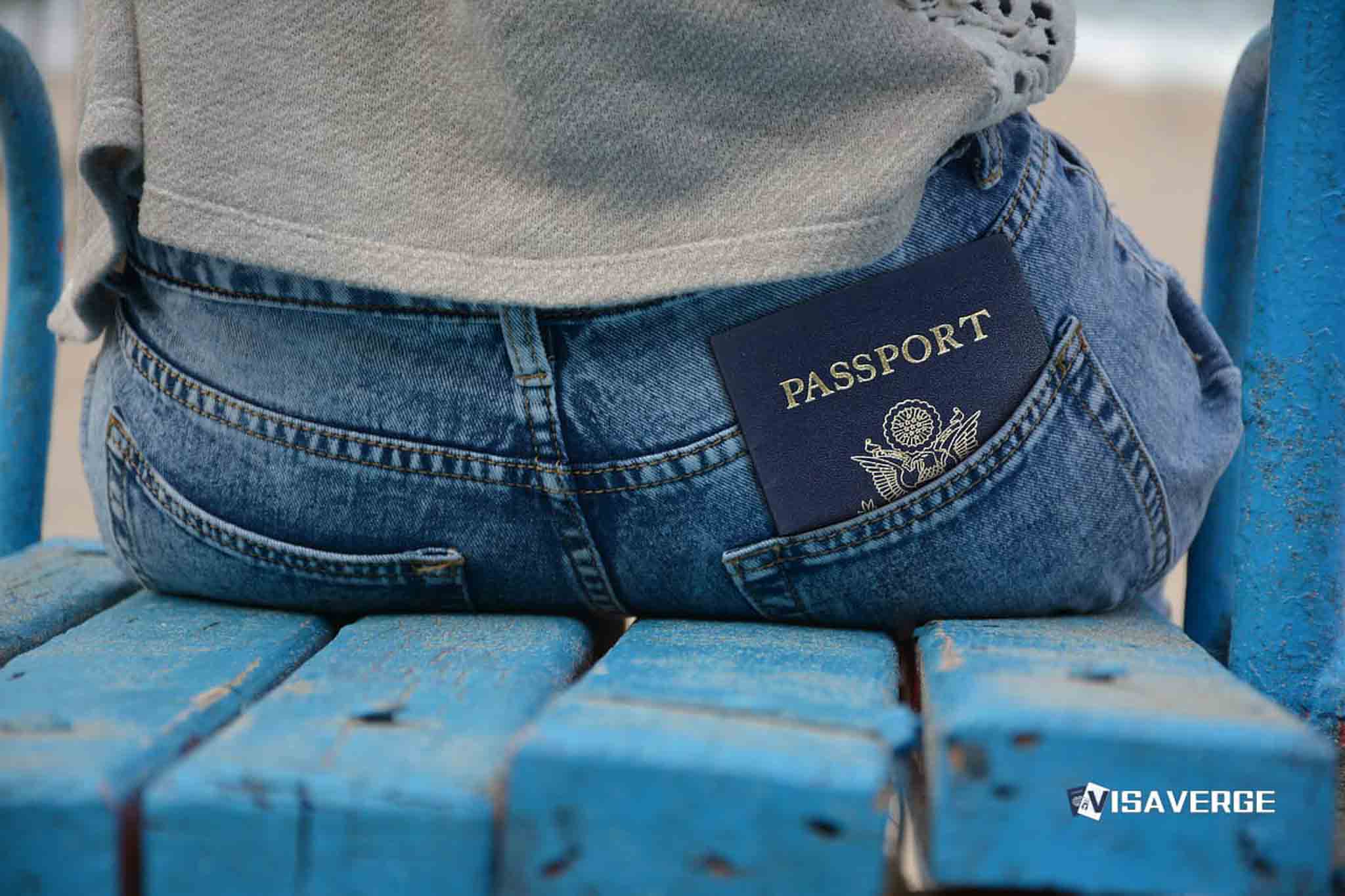Steps to Take When You’ve Lost Your Passport Abroad
Traveling can be an exhilarating experience, but it can quickly turn into a nightmare if you discover that you’ve lost your passport abroad. A passport is not just a document to cross borders; it’s an essential piece of identification that proves who you are and where you’re from. In the unfortunate event that you find yourself without a passport while overseas, it’s crucial to act promptly and efficiently to resolve the situation. Here’s what you need to do to secure an emergency passport and handle the situation of replacing a passport overseas.

Stay Calm and Retrace Your Steps
First and foremost, try not to panic. Although losing your passport can be stressful, it’s essential to stay calm to think clearly and take appropriate action. Begin by retracing your steps. There’s a chance you might find your passport if you remember where you’ve been and check those places thoroughly. If the search yields no results, it’s time to move on to the next steps.
Report Your Lost Passport
Once you’ve confirmed that your passport is indeed lost, report the loss immediately to the local police. Obtaining a police report is a crucial step when you’re dealing with a lost passport abroad. This document can be valuable when explaining the circumstances to your embassy or consulate.
Contact Your Embassy or Consulate
The next step is to get in touch with your country’s embassy or consulate. The staff there is experienced in dealing with issues related to a lost passport abroad and will guide you through the process of obtaining an emergency passport. When you contact them, they’ll likely ask for the following information:
- Your name and personal details
- The circumstances of how you lost your passport
- A police report, if available
- Your travel itinerary
For easy access to your embassy or consulate’s contact information, it’s a good practice to save these details on your phone or keep a written copy separate from your travel documents before you begin your trip.
Getting an Emergency Passport
Ambassadors and consulate officials are empowered to issue emergency passports to their citizens. The process for replacing a passport overseas varies by country, but here are the general steps:
- Visit the nearest embassy or consulate in person.
- Fill out an application for an emergency passport.
- Provide identification, such as a driver’s license or a copy of your lost passport if you have one.
- Submit a recent passport-sized photograph. Some embassies have facilities on-site for taking photographs, but it’s wise to have a spare just in case.
- Pay the fee for an emergency passport, which may differ from the regular passport fee.
An emergency passport is usually issued quickly to facilitate your return home or continue your travels. However, note that it often has a shorter validity than a regular passport and may have restrictions on which countries you can visit with it. Once back in your home country, you’ll need to apply for a regular passport.
Minimize the Impact
Once you’ve reported your lost passport and are in the process of obtaining an emergency replacement, take steps to minimize further complications:
- Cancel any existing visas that were in your lost passport and apply for them again if necessary.
- Inform your travel insurance provider about the loss.
- Adjust your travel plans as needed in consultation with travel agents or airlines.
Prevent Future Losses
To avoid such stressful situations in the future, consider the following tips:
- Always keep a digital and physical copy of your passport separate from the original document.
- Use a secure travel pouch or bag to carry your passport.
- Be mindful of your passport’s location, especially in crowded or high-crime areas.
Resources and Links
For detailed instructions and assistance, connect with official immigration resources:
- U.S. Department of State – Passports
- U.S. Embassies and Consulates
- UK Government – Overseas Passport Services
In conclusion, losing a passport while abroad can be a daunting experience, but by following the steps above and keeping a clear head, you can resolve the situation. Always think ahead, keep your passport secure, and maintain backups of your important documents. Safe travels!
So there you have it, my globe-trotting friend! Losing your passport abroad may seem like a nightmare, but fear not! By staying calm, reporting the loss, and contacting your embassy, you’ll be on your way to obtaining an emergency passport in no time. Oh, and don’t forget to minimize the impact and prevent future mishaps. For more tips and travel insights, hop on over to visaverge.com. Happy travels and stay passport savvy!
This Article in a Nutshell:
Losing your passport while traveling can be stressful. Stay calm and retrace your steps. Report the loss to the local police and contact your embassy or consulate. They will guide you through obtaining an emergency passport. Cancel any visas and inform your insurance provider. Keep copies of your passport and stay vigilant to prevent future losses.












